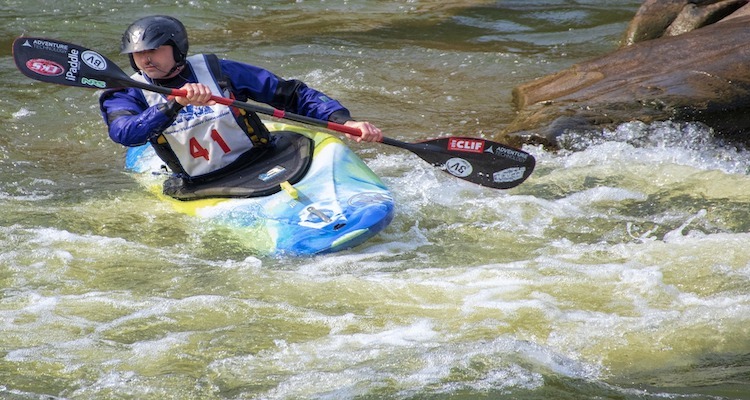
Canoeing is a physically demanding sport that requires a combination of endurance, strength, and power. To support optimal performance and recovery, canoeists need to maintain a well-balanced and nutritious diet. We will now turn to explore in more detail the nutritional demands of canoeing.
Here are some key nutritional demands for canoeing:
It's important for canoeists to consult with a sports nutrition professional who can provide personalized guidance based on their specific needs, training intensity, and competition goals. We now turn to consider the benefits of consulting with a sports nutritionist.
Working with a sports nutritionist can be highly beneficial for a canoeist for several reasons:
Working with a sports nutritionist allows canoeists to have access to expert knowledge and guidance specific to their sport. It helps them optimize their nutrition, enhance their performance, and maintain overall health and well-being throughout their training and competition journey.
If you would like to work with a sport nutritionist then you will find many advertising on our global directory of sport performance specialists, along with other related professions such as strength and conditioning coaches.
